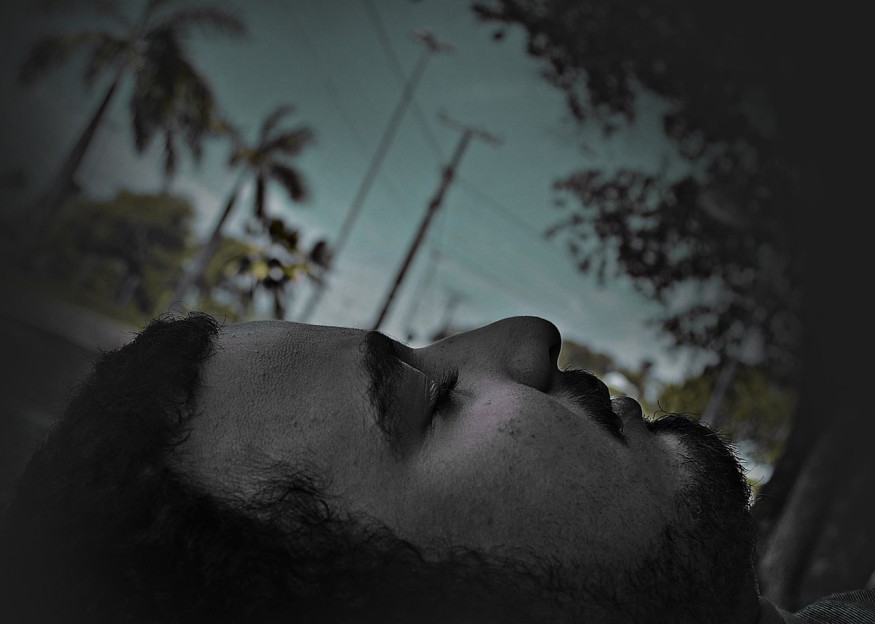A new study recently showed some understandings about brain reboot or how one can regain consciousness following being in a coma, anesthetized or deep sleep.
A ScienceAlert report said that one may well have spent many hours wondering what his laptop could probably be taking a lot of time in booting up, and now, researchers have asked a similar question of the human brain.
Specifically, they asked how exactly does a human brain start up again following anesthetization, being in comatose or in real deep sleep.
Involving a group of 30 healthy adult individuals who got anesthetized for three hours, and another group of 30 healthy adults who were not, as a control measure, this new research showed how the brain is dragging itself back into consciousness.

Study Finding
As a result of the study, recovery of consciousness and cognition after general anesthesia in humans, published in eLife, it appears that the brain is switching back on one section at a time, instead of all at once, and abstract problem-solving abilities, as controlled by the prefrontal cortex, are the functions that return online, the fastest.
Other areas of the brain, which include those handling reaction time and attention, take longer. The University of Pennsylvania anesthesiologist Max Kelz said, even though at surprising at first, it makes sense in terms of evolution that higher cognition needs early recovery.
For instance, if someone was waking up to a threat, structures such as the prefrontal cortex would be essential for classifying the situation and producing an action plan.
Various Methods Used
Medical Xpress specified in a similar report, various methods were employed to measure the occurrence in the brain, comprising EEG or electroencephalography scans and cognitive tests prior to, and after going under. The said tests measured memory recall, speed, and other skills.
Analyzing the scan readings, the study authors noted that the brain's frontal regions, where functions like memory, problem-solving, and motor control are located, turned out specifically active as the brain started recovering.
Comparing with the control group, results showed that took approximately three hours for the participants who had been anesthetized to completely recover.
The team followed up with the group participants as well, about their sleep schedule in the days following the experiment.
Consequently, the experience did not seem to adversely impact sleeping patterns in participants who had been anesthetized.
Resilient Healthy Human Brain
Washington University anesthesiologist Michael Avidan said, the new study suggests that the healthy human brain is resilient, even with extended exposure to deep anesthesia.
He added, this denotes that some of the cognition disorders frequently seen for days or even seek during recovery from surgery and anesthesia, like delirium for one, might be attributable to factors, aside from the long-lasting effects of anesthetic drugs on the brain.
Many surgical procedures simply would not be possible minus the anesthesia, an effective and controlled method of shutting consciousness in the brain, an occurrence that can take place in the incident of coma.
Despite their prevalent use, the researchers don't actually understand how anesthetics are working in exact detail, even if they have already figured out how to safely use them. There are lots of ideas on how the brain is dealing with such drugs, although no solid evidence, as yet.
Related information is shown on Tech Insider's YouTube video below:
RELATED TOPIC : Your Happiness Might Very Well Be Inherited, Says Scientists
Check out more news and information on Brain in Science Times.











